Dangers of social media affect teens, students speak out

We come home, drop our backpacks off, jump on the couch and hop onto our phones. Shoulders slouched, eyes glued, senses turned off, we numb ourselves to the world around us. Social media and technology act as a desensitizer, increasing our desire for instant gratification. Continuing on this path not only affects our health and relationships, but disconnects us from people and events around us.
Following a poll done by Pew Research Center in 2018, 95 percent of teens have access to a smartphone, and 45 percent of teens report using technology almost constantly. Viewed as a harmless distraction, social media has negative social, physical and psychological effects on its users.
Licensed family therapist Amanda Lebda witnesses numerous cases of mental health issues caused by a post or comment on social media. Encouraging her clients to take a break, Lebda reaps the benefits of getting to know people offline.
“In my years of counseling experience I have seen the psychological and social effects of social media,” Lebda said. “I’m constantly amazed at the number of clients who are experiencing mental health issues and relationship distress because of something they saw on a social media platform.
“Social media and technology provides opportunities for people to make comments or statements that they wouldn’t otherwise say in person,” Lebda continued. “It’s become commonplace for people, kids and teens included, to send inappropriate pictures through things like text messaging, email and direct messages through social media. When we focus on face-to-face relationships instead of online ones, we begin to accept ourselves, become tolerant of others, and are able to see God’s work through His created beings.”
In the following podcast, junior Ben Vaipan explains the drawbacks of social media usage with sophomore Addison Schultz.
According to Psychology Today, social media contributes to a number of psychological issues including anxiety, depression, and loneliness. Though apps and websites allow us to connect with people, they contribute to our dependency on others’ approval.
Cutting out social media altogether, sophomore Jewel Chandler realized that her Instagram feed was causing more harm than good. While giving it up took discipline, Chandler appreciates the extra time to do school work and focus on relationships.
“Giving up social media was a very hard decision to make,” Chandler said. “I was not only giving up a deep rooted habit but also cutting off some communication with my friends. Spending countless hours of scrolling through posts and watching videos didn’t make me feel encouraged or motivated, instead it made me more discouraged and lazy.

“I know that social media can be a great tool to use for businesses or just to connect with people,” Chandler continued. “But I would encourage people who do have social media to think about how it has helped them grow as a person. If they are not yet ready to give it up completely, I would encourage people to at least limit their time. Now I can say hands down I don’t think I would have grown as much mentally, spiritually, or academically if I hadn’t made the decision to let it go.”
Besides emotional and psychological issues, media platforms present social problems as well. According to Stop Bullying, cyberbullying is most common on apps such as Instagram, Snapchat, Facebook, and Twitter. The harmful, negative comments made on these networks cause a higher rate of depression, anxiety, and even suicide.
Wendi Mooney, head of the counseling center at The Well Community Church, observes that couples and individuals miss out on experiences because of their attachment to technology. She explains the benefits and drawbacks of posting on social media.
“The effect of social media use either makes us feel superior or inferior,” Mooney said. “Neither of which are healthy or good for us. We are showing our best self which isn’t real at all! I’ve witnessed multiple people who share where they are, but aren’t fully present with the ones they are with in hopes of looking cool to others. I believe we need to live in balance. Social media is cool to get the word out, but when it becomes our life as an individual, that’s a problem.”
In the following tweet, Psycom relates teen depression to social media use.
#SocialMedia and #Depression: New Research Links the Problems, Especially in Teens https://t.co/31e8qsZQCy pic.twitter.com/nGbvvLFN90
— Psycom (@psycomnet) January 26, 2019
Inside the human makeup is the desire for relationships. Human beings possess mirror neurons which fire when they come into contact with others. Expressions are mimicked as people interact and it validates their actions and feelings. As we interact with people online, we miss the face-to-face connection that our bodies were created for.

Vaipan recognizes the temptations that come with the media and chooses to stay away. He goes on to explain how individuals lose connection with people because of their draw to social media.
“I do not have social media,” Vaipan said. “There’s online bullying and other issues like pornography that cause people to sin because of the easy accessibility of it. They only see what other people want them to see through technology. They put on a mask of what their lives are like, and it is just fake. In a way, they are living a double life.”
Another danger is child predators, lurking all over the internet and seeking out young people with easy, anonymous access. Online communication encourages the behavior of exploiters, using fake identities and false specifications to lure in teens and children. Without knowledge of their internet presence, children enter into online relationships with dangerous people.
Becoming educated about these situations helps people to become smart on social media. Rather than responding to every message and buying in to every comment, take precautions when answering unfamiliar accounts.
Social media is used to promote social justice issues, share faith, market a business or event and reconnect. But it is also used to bully, attack, and degrade. Whichever way it is used, the media affects how people view others, themselves, and the world around them.
For another article on student issues, read Let’s Talk: Depression.
For more articles, read COLUMN: The case for nationwide student free press and Kelly Clarkson’s Meaning of Life Tour highlights new songs, old hits.








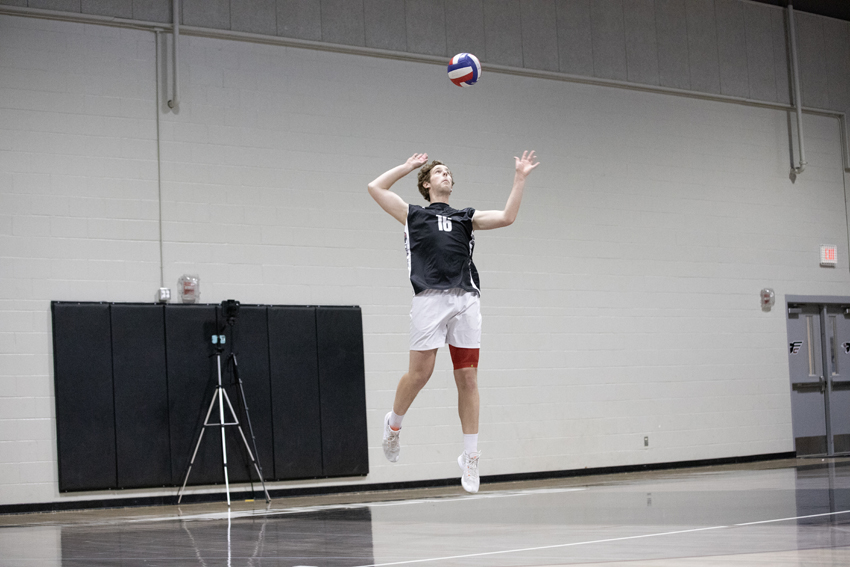
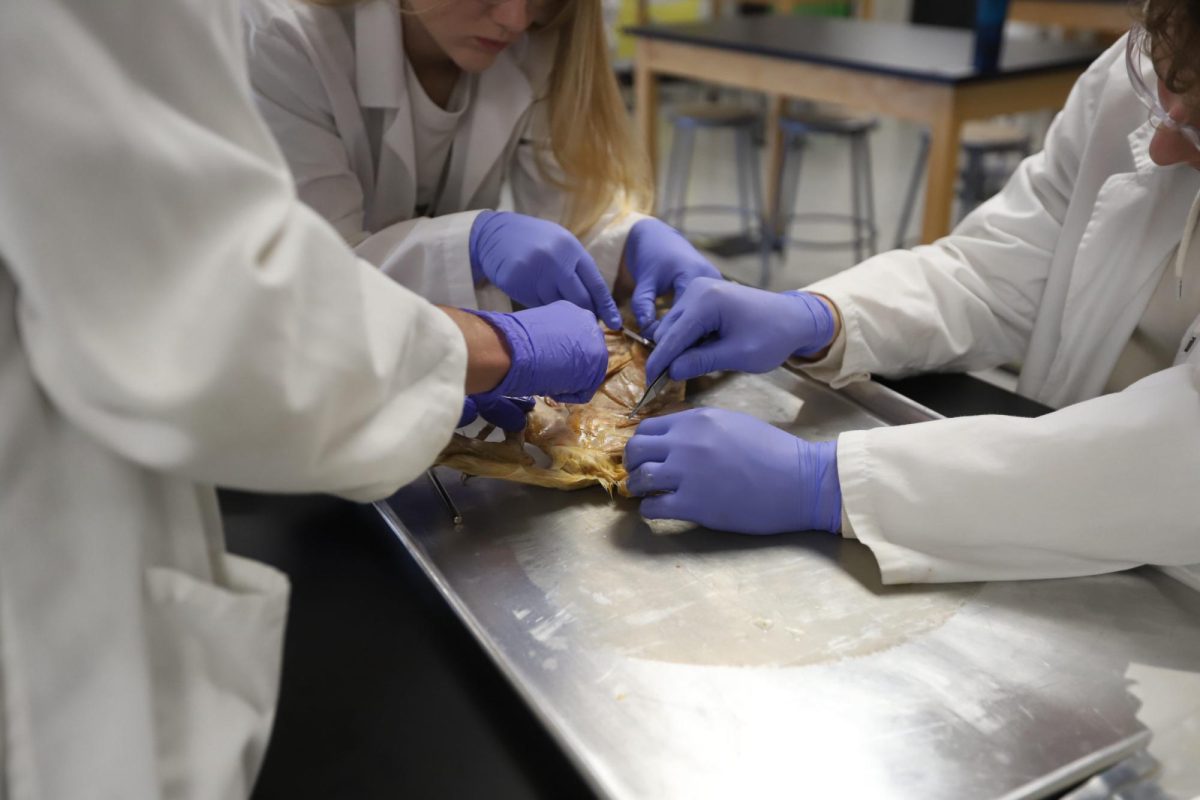
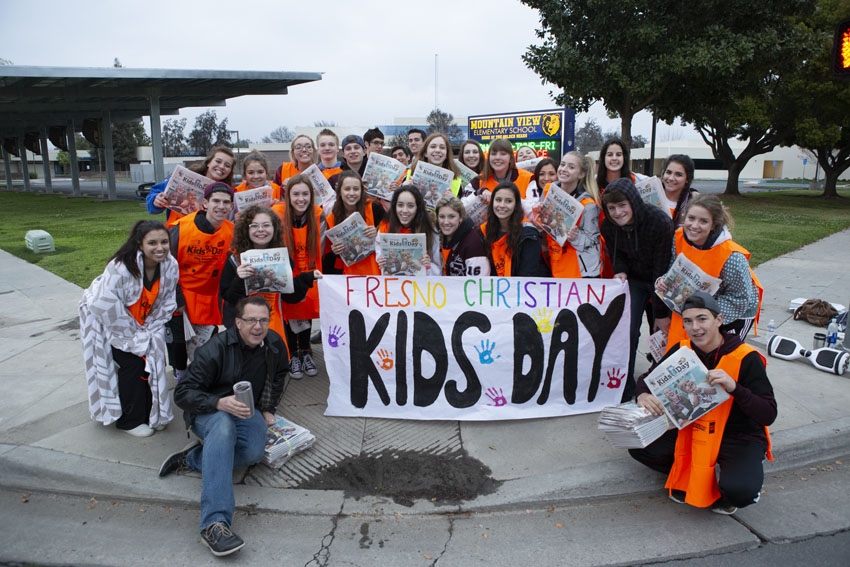
![[Video] 100th CSPA Spring Journalism Conference](https://thefeather.com/wp-content/uploads/2024/04/20240308-cspa-crown-002.jpg)
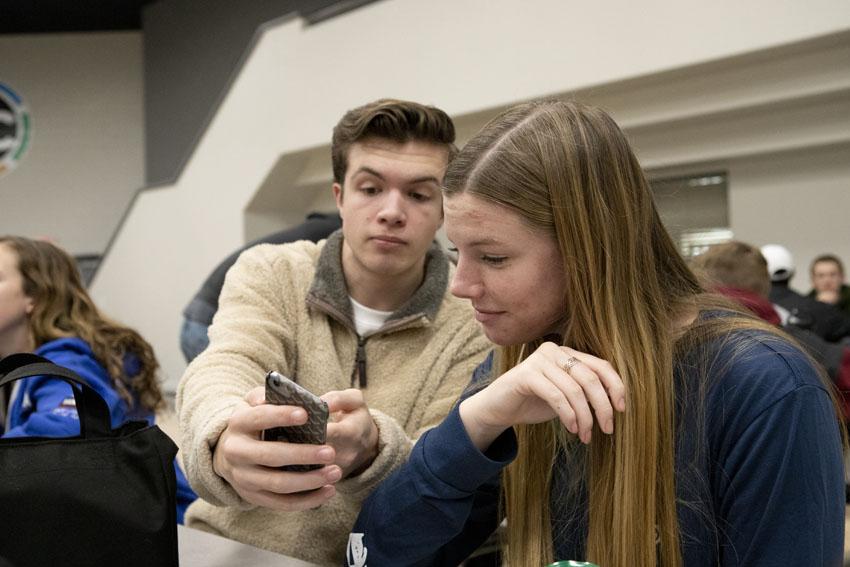


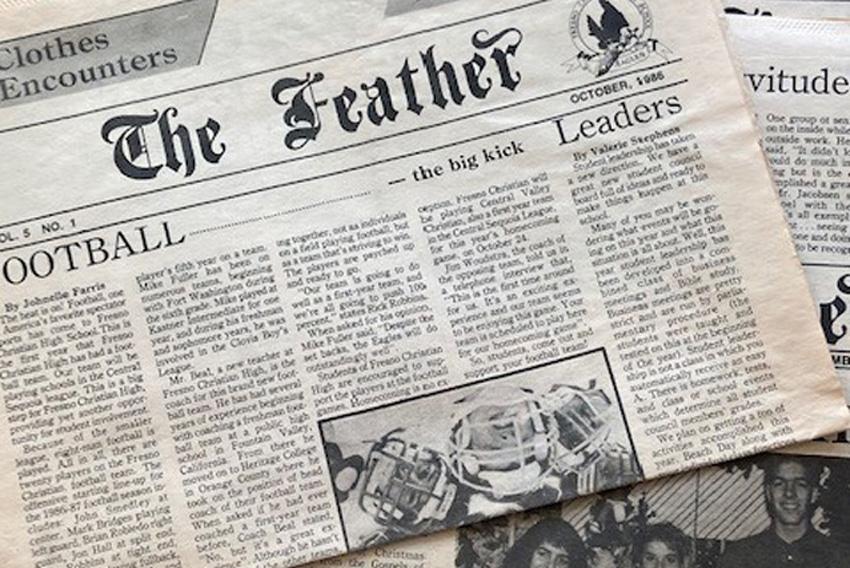


Addie Richardson • Feb 20, 2019 at 11:27 am
Great article Addi!
Bryce Foshee • Feb 4, 2019 at 9:27 pm
Brilliant article, love this discussion format!